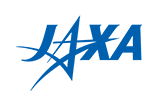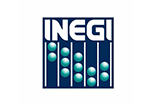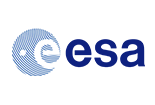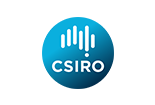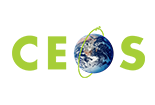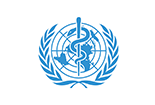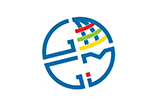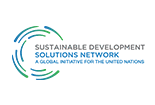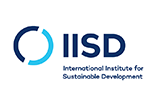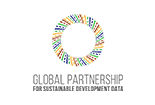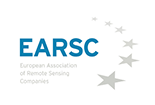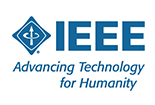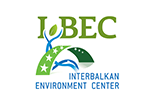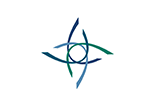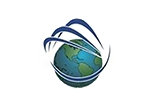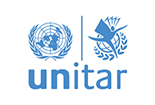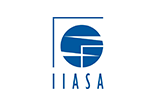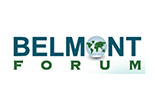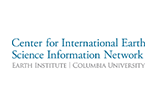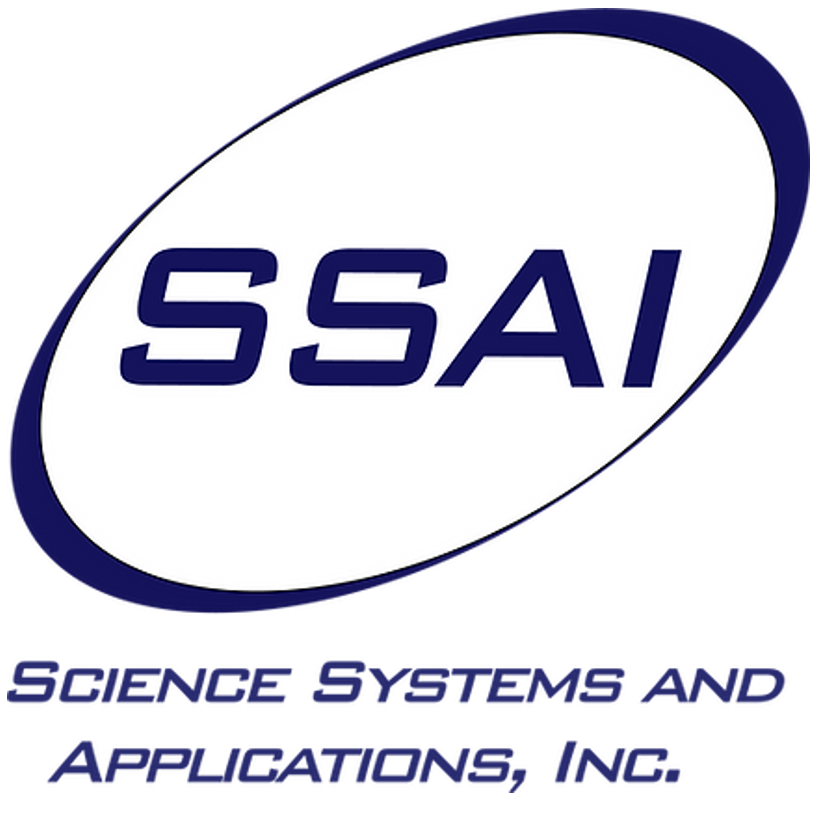EO Services Industry Supporting the UN Agenda 2030
The Sustainable Development Goals (SDGs) were adopted by the United Nations in 2015, with the aim of monitoring progress, informing policies, and ensuring accountability. Earth observations (EO) can support several targets and indicators in the UN SDG framework by providing accurate and reliable data on the state of natural resources, biodiversity, atmosphere, oceans, etc. This actionable information helps with the SDGs implementation role, monitoring, reporting, and the facilitation and shaping of reporting methods, policy, and tools.
The geo-information industry is making huge strides in technology advancement, application development, and implementation and integration of EO data across various societal areas, and economic sectors. The European Association of Remote Sensing Companies (EARSC) aims to help the public and private sectors to understand EO capabilities and identify their challenges and needs.
To support this activity, EARSC is launching a section under the eowiki identifying EO services from private sector providers that help support goals and targets and ultimately with the monitoring and reporting of the SDGs. The section highlights cases where EO technologies are contributing to a set of current targets covering the social and economic dimensions of sustainable development where companies provide EO derived data and services and can make an important contribution towards the Agenda 2030 showing the potential of EO across the span of social, economic, and environmental goals.
Do you want to know more about how the industry is responding to the SDG targets covering the social and economic dimensions of sustainable development? Visit the EO Wiki provided by the European Association for Remote Sensing Companies (EARSC).




